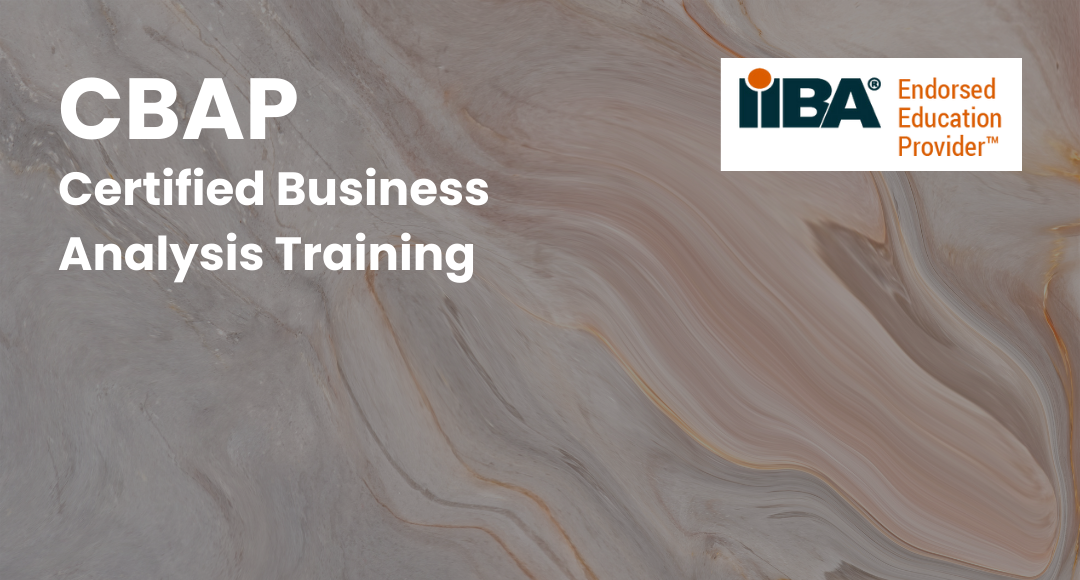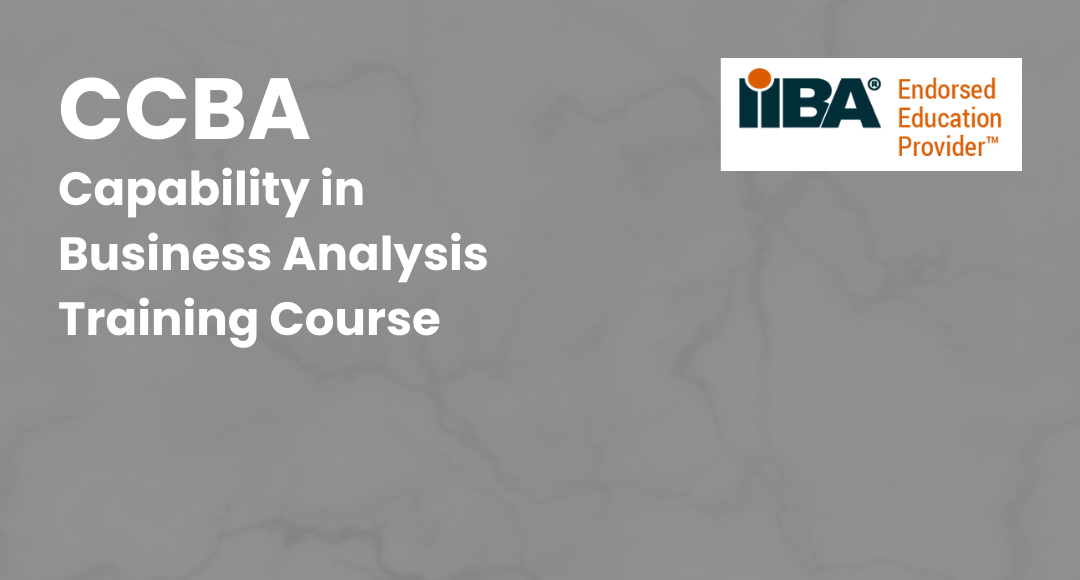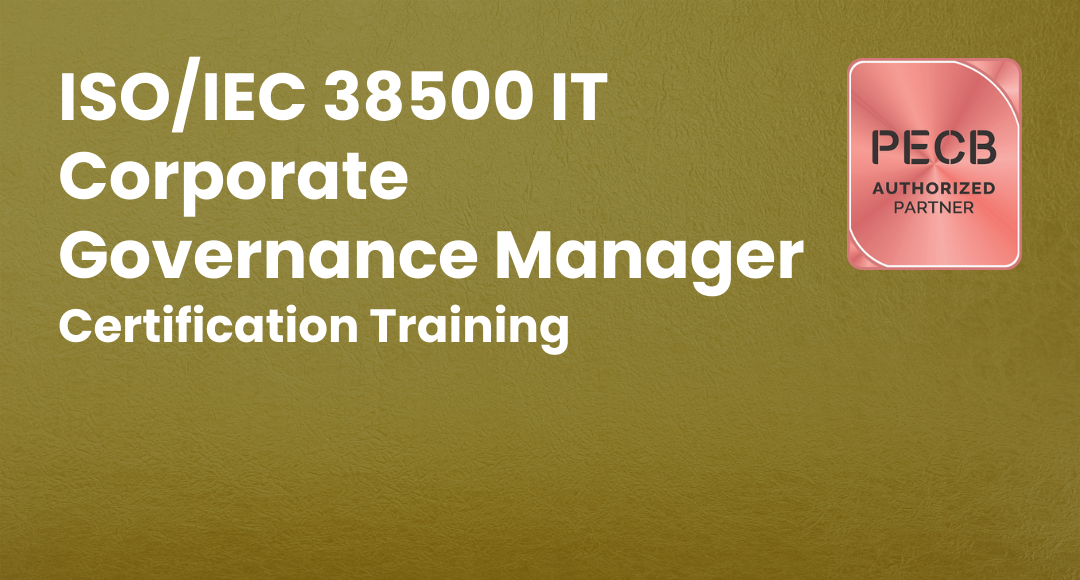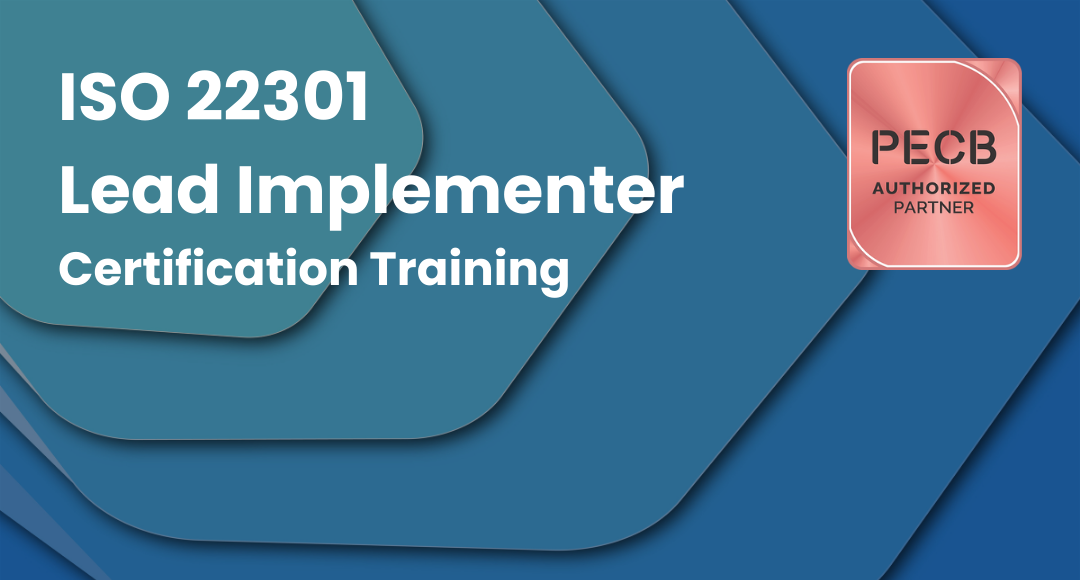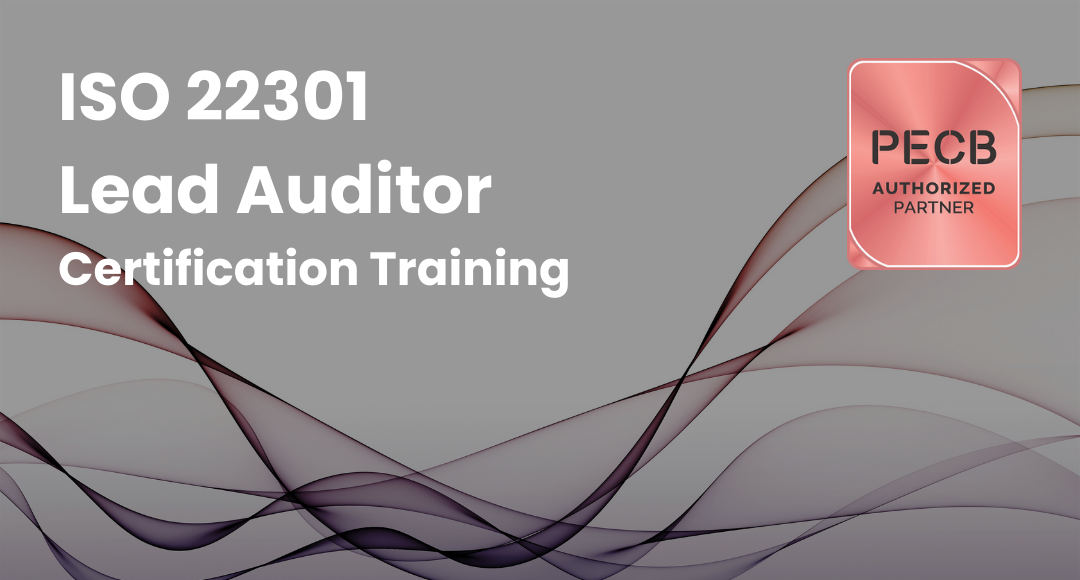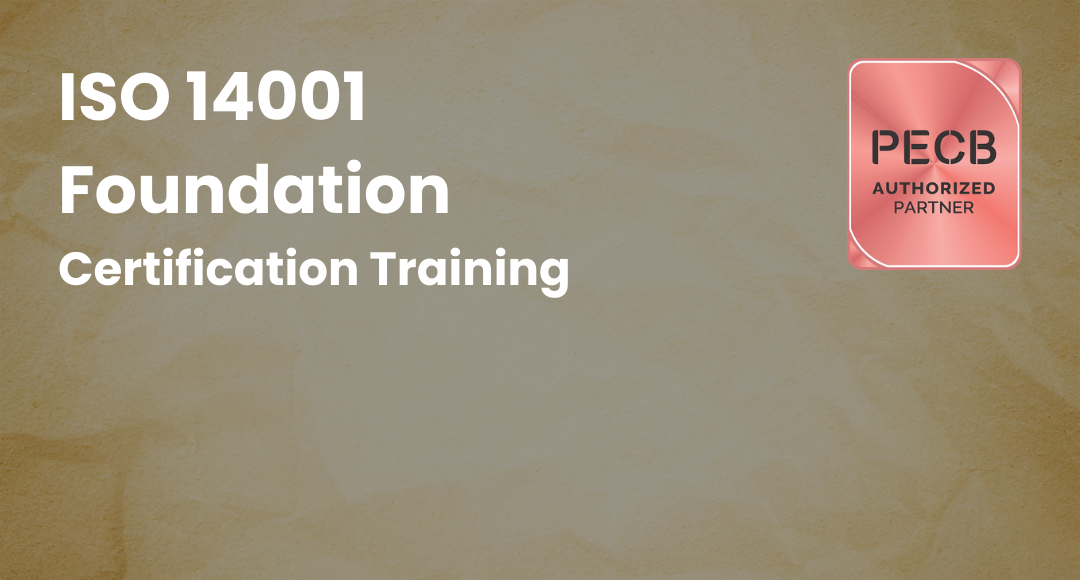Business Analyst Job Requirements - Qualifications and Skills
-
 By Nchumbeni Yanthan
By Nchumbeni Yanthan
- Published on Jan 22 2024

Table of Contents
Business Analyst Job Requirements - What Is It, Skills, and Responsibilities
In today's fast-paced business environment, the role of a business analyst (BA) has become more crucial than ever. Businesses rely on competent BAs who fulfill the specific business analyst job requirements, which involve bridging the communication gap between technical teams and stakeholders, ensuring the smooth and successful completion of projects.
This article provides insights on business analyst skills and job requirements for those interested in the position or pursuing a career in the field. Analyzing and understanding business needs, processes, and requirements are essential job requirements for a business analyst. BAs play a crucial role in aligning IT standards with the business's goals and objectives.
You need a strong foundation in technology, business knowledge, and effective communication to succeed as a business analyst.
Business Analyst Positions According to Job Levels
Business Analyst positions are often classified into different levels based on experience and responsibilities. The common job levels for Business Analysts include:
Junior/Associate Business Analyst
Junior Business Analysts have some experience in the field and can work independently on smaller projects, meeting the essential business analyst job requirements. They collaborate with stakeholders and help in the implementation of solutions.
At this level, individuals often work under the guidance of more experienced Business Analysts or project leads. Junior BAs actively participate in requirements gathering, conduct basic data analysis, and assist in creating documentation.
To excel as a Junior Business Analyst, individuals should be eager learners, open to feedback, and possess a strong foundation in business analysis concepts. They should actively seek opportunities to enhance their skills, understand project objectives thoroughly, and contribute constructively to project discussions.

Mid-Level/Senior Business Analyst
Mid-level and senior Business Analysts have several years of experience and manage more complex projects independently. They have a deeper understanding of the business domain and mentor junior members.
Mid-level and senior Business Analysts play a crucial role in stakeholder management, where they facilitate communication between different departments and align project deliverables with organizational strategies, as part of their core business analyst job requirements.
At this level, BAs are expected to take a leadership role in the analysis process, coordinate with cross-functional teams, and ensure that requirements are well-defined and aligned with business goals.
Lead/Principal Business Analyst
Lead Business Analysts are subject matter experts who oversee multiple projects, develop business strategies, and provide guidance to the team. They work closely with top management to align projects with business objectives. To excel in this position, candidates must meet the business analyst job requirements, demonstrating not only technical expertise but also a strong ability to contribute significantly to the overall business strategy.
Lead BAs play a crucial role in promoting innovation, process improvements, and organizational change. They might collaborate with C-suite executives, take part in crucial choices, and promote the use of industry standards and best practices.
Lead BAs excel in both leadership and interpersonal skills, in addition to technical knowledge, to energise and motivate their teams.
Business Analyst Requirements - All Job Levels
Regardless of the job level, certain business analyst qualifications and skills are universally expected from Business Analysts. Let's explore these requirements in detail:
Academic Qualifications
A bachelor's degree is typically required for business analyst positions. Ideally, it should be in a field that is related, like engineering, computer science, business administration, or information technology, as these qualifications form the essential business analyst job requirements.

BAs have a solid foundation in business concepts and the technical knowledge needed to analyze complex business problems thanks to their strong educational backgrounds.
While a bachelor's degree is typically the minimum requirement, some organizations may favor applicants with advanced degrees, such as a Master of Business Administration (MBA) or a Master of Information Systems (MIS), for senior or lead positions where business analyst qualifications are required.
Certifications - Is it Mandatory?
While not always mandatory, certifications can significantly enhance business analyst job requirements and prospects. Certifications demonstrate a commitment to professional development and validate the individual's expertise in specific areas of business analysis. Some of the most recognized courses to become a business analyst include:
- Certified Business Analysis Professional (CBAP): Offered by the International Institute of Business Analysis (IIBA), the CBAP certification validates a BA's expertise in business analysis and requires several years of professional experience. CBAP certification is highly regarded in the industry and is beneficial for mid-level and senior BAs seeking career advancement.
- CCBA Certification Training Course: This training equips BAs with essential skills in business analysis, enhancing their problem-solving and decision-making abilities. It empowers them to align business goals with IT solutions effectively, ensuring career growth and organizational success.
- Project Management Professional (PMP): Though not specific to BAs, PMP certification from the Project Management Institute (PMI) demonstrates your project management skills, which are highly relevant in the BA role. As Business Analysts often work closely with project managers, this certification enhances their ability to collaborate effectively with project teams.
- Agile Certifications: Agile methodologies are widely used in project management, and many organizations are adopting Agile frameworks for their projects. Certifications like Certified ScrumMaster (CSM) or PMI Agile Certified Practitioner (PMI-ACP) showcase your ability to work effectively in Agile environments. Agile certifications are especially valuable for BAs working in software development or IT projects.
Work Experience/Internships
For aspiring Business Analysts, practical work experience is crucial. Employers prefer candidates with prior experience in business analysis, project management, or relevant domains. Graduates or entry-level candidates can gain experience through internships or volunteering on projects, meeting business analyst job requirements.
Internships provide valuable exposure to real-world business scenarios and allow candidates to apply their theoretical knowledge in practical settings. While internships may not always offer a salary, the experience gained is invaluable in building a strong foundation for a Business Analyst career.
For mid-level and senior Business Analysts, relevant work experience is a significant factor in career progression. Employers often look for candidates who have successfully executed multiple projects, demonstrated problem-solving abilities, and exhibited leadership skills.
To meet business analyst job requirements, individuals can gain experience by exploring opportunities within their current organization or in related industries. Networking, attending industry events, and joining professional associations can help identify job openings and connect with potential employers.
IT Skills for Business Analysts
As technology plays a central role in modern business operations, Business Analysts must have a solid understanding of IT concepts. Some essential skills required to become business analyst include:
- Data Analysis: Proficiency in data analysis is vital for extracting insights from data, aiding data-driven decisions by Business Analysts.
- Database Knowledge: Understanding database concepts and SQL querying is essential for accessing and manipulating data. BAs often work with databases to extract and analyze relevant information to support business decisions.
- Understanding System Architecture: BAs should comprehend the structure and components of the systems they are working with to ensure alignment with business needs. Knowledge of system architecture allows BAs to identify potential integration points and assess the impact of changes on existing systems.
- Software Development Life Cycle (SDLC): Knowing the various phases of the SDLC helps BAs coordinate with development teams effectively. Understanding the development process allows BAs to contribute to requirement analysis, testing, and user acceptance activities.
- Visualization Tools: Business Analyst job requirements include proficiency in data visualization tools like Tableau or Power BI for creating meaningful reports and dashboards, presenting complex data in a visually engaging and easily understandable manner. BAs must stay updated on emerging technologies and industry trends to offer innovative solutions and streamline processes effectively.
Conclusion
In summary, the key Business Analyst job requirements include technical proficiency, industry knowledge, and potent communication abilities. Success in this role demands commitment, ongoing learning, and flexibility to adapt to the changing business environment, regardless of experience level. Enhance employability and thrive in the fast-paced field of business analysis through education, certifications, real-world experience, and development of skills required in business analyst.
Keep in mind that a business analyst's contributions to the success of organizations across numerous industries are indispensable. Business analyst role requirements are not just necessary for IT projects. Therefore, if you're passionate about bridging the gap between business and technology, a career as a business analyst might be for you.
Elevate your career with our comprehensive courses of your interests. Contact our course expert or submit queries for prompt assistance.
Stays informed and advance your career with valuable insights, industry updates, and expert guidance by subscribing to Sprintzeal's newsletters now.
Popular Programs
ISO/IEC 38500 IT Corporate Governance Manager
Live Virtual Training
- 4.6 (650 + Ratings)
- 50k + Learners
ISO/IEC 38500 Lead IT Corporate Governance Manager
Live Virtual Training
- 4.8 (650 + Ratings)
- 55k + Learners
Trending Posts
Tax Saving Options for Working Individuals in 2026
Last updated on Jul 3 2025
Benefits of ISO 26000 for Strengthening Business Continuity
Last updated on Aug 8 2024
The Future of Networking and CRM: Building Stronger Business Connections
Last updated on Sep 17 2025
Best Accounting Software For Etsy Bookkeeping
Last updated on Jul 16 2025
7 Core Principles of ISO 26000: A Guide to Ethical Organizational Practices
Last updated on Sep 26 2024
Business Analyst Job Description - Key Role and Responsibilities
Last updated on Nov 8 2023
Categories
- Other 81
- Agile Management 49
- Cloud Computing 58
- Project Management 175
- Data Science 70
- Business Management 89
- Digital Marketing 88
- IT Service Management 36
- Programming Language 61
- AI and Machine Learning 94
- IT Security 113
- Quality Management 78
- IT Hardware and Networking 28
- Microsoft Program 5
- Workplace Skill Building 15
- Risk Management 10
- Information Security 8
- Leadership and Management 10
- Corporate Training and Development 1
Trending Now
Process Maps - How to Create and Use Them
ebook11 Best Business Blogs 2026 (UPDATED)
ebookCBAP Certification Exam Preparation Guide 2026
ebookBusiness analyst career path in 2026
ebookCCBA Certification Career Transformation Guide
ebookUpdated Business Analyst Interview Questions and Answers 2026
ebookTop Salesforce Interview Questions and Answers 2026
ebookWhat Is Business Continuity Planning?
ebookBusiness Analysis Certifications 2026
ebookBusiness Process Mapping Guide for Beginners
ebookBusiness Analyst Skills List 2026
ebookWhat is Business Analysis - A Complete Guide
ebookRemote Working Methods for 2026
ebookBest Business Analytics Tools in 2026
ebookWhat is Salesforce? A Beginner's Guide
ebookWhat is Digital Business? An Introduction
ebookBusiness Analyst Job Profile – Role, Skills and Challenges
ebookTypes of Business Analyst Roles in 2026 – Responsibilities and Earnings
ebookBusiness Analyst Qualifications and Skills in 2026
ebookBusiness Analyst Career Road Map Explained
ebookHow to Become a Business Analyst: Step-by-Step Guide
ArticleBusiness Analyst Job Description - Key Role and Responsibilities
ebookBusiness Analyst Career Guide 2026
ebookWhy Become a Business Analyst in 2026: Top Reasons and Scope
ArticleFundamentals of Business Impact Analysis (BIA): Best Practices to Implement
ArticleBenefits of ISO 26000 for Strengthening Business Continuity
ebookThe Essential Guide to ISO Standards in Business Management
ArticlePrinciples of ISO 14001 Foundation
ArticleUnderstanding ISO/IEC 38500 IT Foundation and its application
ArticleTop Professional Business Certifications Trending in 2026
ArticleSteps to Implementing ISO 22301 Foundation: A Complete Guide
ebookUnderstanding ISO 37101 Foundation and Its Role in Sustainable Development
Article7 Core Principles of ISO 26000: A Guide to Ethical Organizational Practices
ebookThe Reason For The Fall Of BlackBerry
ArticleGoogle and Innovation: What Makes it Most Innovative?
ArticleBest Business Analysis Books You Need to Read in 2026
ArticleWhat is MBA in HR: Overview, Scope and Benefits
ArticleHow to Become a Product Manager: A Step-by-Step Guide
ArticleWhy Reliance Industries is a Global Giant?
ArticleTata Growth and Global Success: Best Lessons and Their Impact
ArticleMost Sold Ford Car: Global Rankings and Success Insights
ArticleHow Disney's Success Story Became a Global Entertainment Powerhouse?
Article4 Proven Approches to Build a Strong LinkedIn Community
ArticleHow to Write an Executive Summary for a Business Plan?
ArticleEssential Business Tools Every Female Founder Should Have
ArticleThe Role of Technology in Scaling a Small Business
ArticleMastering Student Finances with AI: The Ultimate Guide for Comfortable Living
ArticleBusiness Automation: Reshaping Modern Enterprises
ArticleThe ROI of Automated Invoice Processing: What Can Your Company Save?
ArticleCareer Opportunities After a Distance MBA in India
ArticleModeling Business Processes in Law Firms: Optimization Through Modern Technologies
ArticleBoosting E-Learning Visibility with SEO and Video Translation Strategies
ArticleBuild a Store That Sells: E-commerce Essentials Explained
ArticleMaximizing E-Commerce Efficiency: Top Plugins Every Online Store Needs
ArticleMastering Digital Communication: Tools That Redefine Transparency in Teams
ArticleWhat Is HubSpot CRM & Why Should You Choose It For Your Business?
ArticleHow Does Personalization Impact Cold Email Success?
ArticleThe 5 Best Lead Finder Tools for Brand Collaborations
ArticleThe Complete Guide to Bootstrapping Your SaaS
ArticleHow to Build a One-Person Business Like a Team of Ten? Bloggervoice
ArticleMaximize ROI: Why Quality Video Animation Services Matter
Article6 Digital Tools Every Solo Founder Should Be Using by Now
ArticleHandle Sales, Tax, and Inventory Seamlessly with Billing Software for PC
ArticleTax Saving Options for Working Individuals in 2026
ArticleHow to Use AI Video Generators and Online Video Translators to Grow an International Audience
ArticleBest Accounting Software For Etsy Bookkeeping
ArticleOutsourcing: Everything You Need to Know
ArticleIn-House vs. Outsourced AI Development: Finding the Right Balance
ArticleAffordable Asset Management Software for Small Teams
ArticleFrom Delays to Instant Approvals: The Power of Real-Time Insurance in Labs
Article3 Best Video Meeting Tools to Simplify Remote Work and Hybrid Teams
Article5 Top Accounting Software Options for Construction Firms
Article5 Best Debt Collection Tools for Faster Payments and Scalable Growth
ArticleWhy Manufacturers Should Invest in Both Machines and People
ArticleMBA Interview Questions and Answers Guide 2026
ArticleTop 8 Tools for WhatsApp And HubSpot Integration in 2026
ArticleThe Future of Networking and CRM: Building Stronger Business Connections
ArticleThe Best 3D Architectural Rendering Companies
ArticleMastering Your Sales Funnel to Maximize Every Conversion
ArticleMastering the Art of Interpersonal Communication
ArticleITAM and Finance: Depreciation, GL Mapping, and Audit-Ready Records
Article8 Best Cost-Effective ISO 27001 Compliance Solutions for 2026
ArticleWhy Your Business Really Needs a Shopify Consultation
ArticleTurning workforce data into actionable insights
ArticleSteps to Become an Investment Banker—Skills & Career Guide
ArticleBusiness Loan Comparison Calculator: How to Pick the Right Financing in Minutes
ArticleWhy Manual Accounts Payable Fails at Enterprise Scale—and How Automation Performs
ArticleTop MBA Degrees in San Francisco
Article

